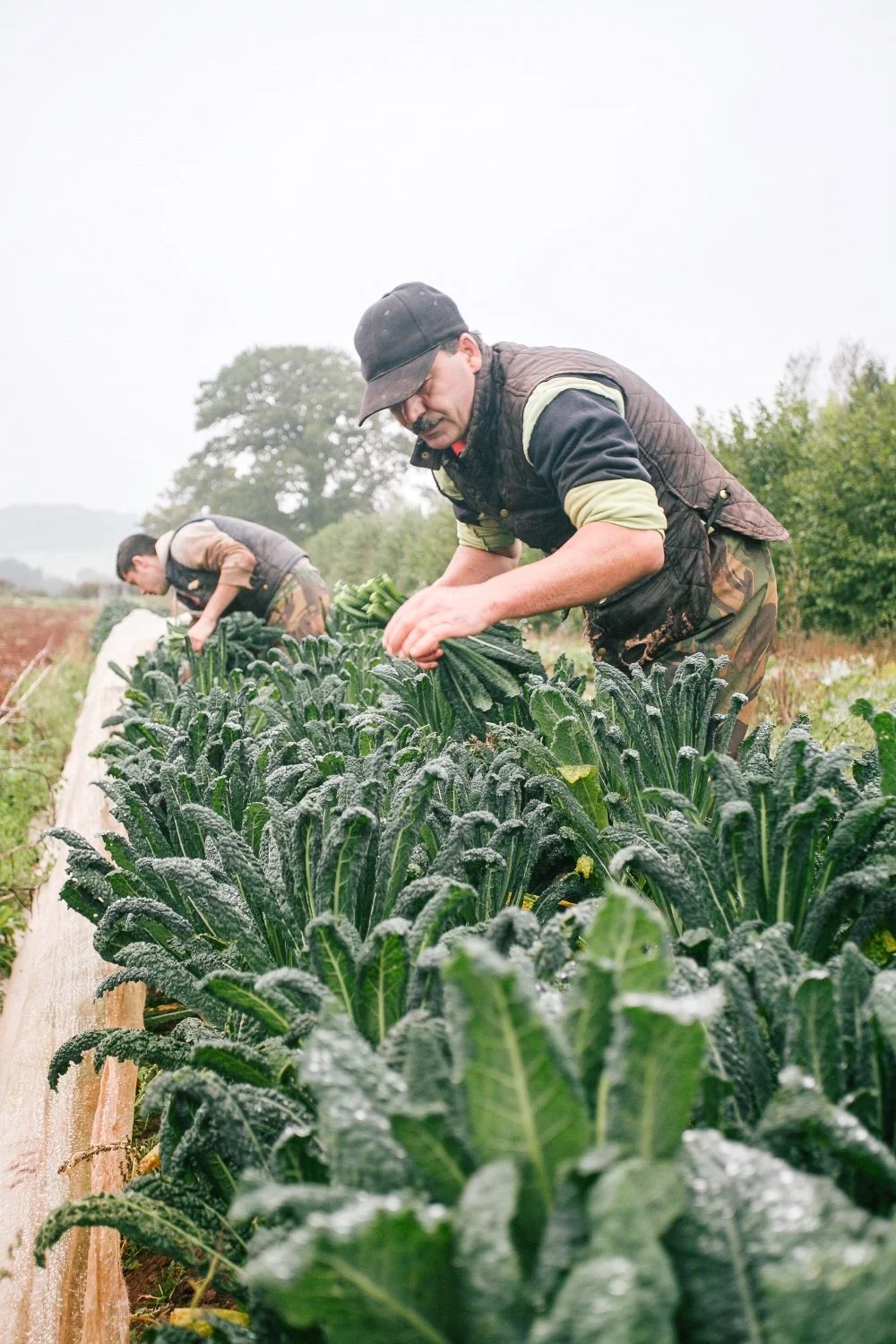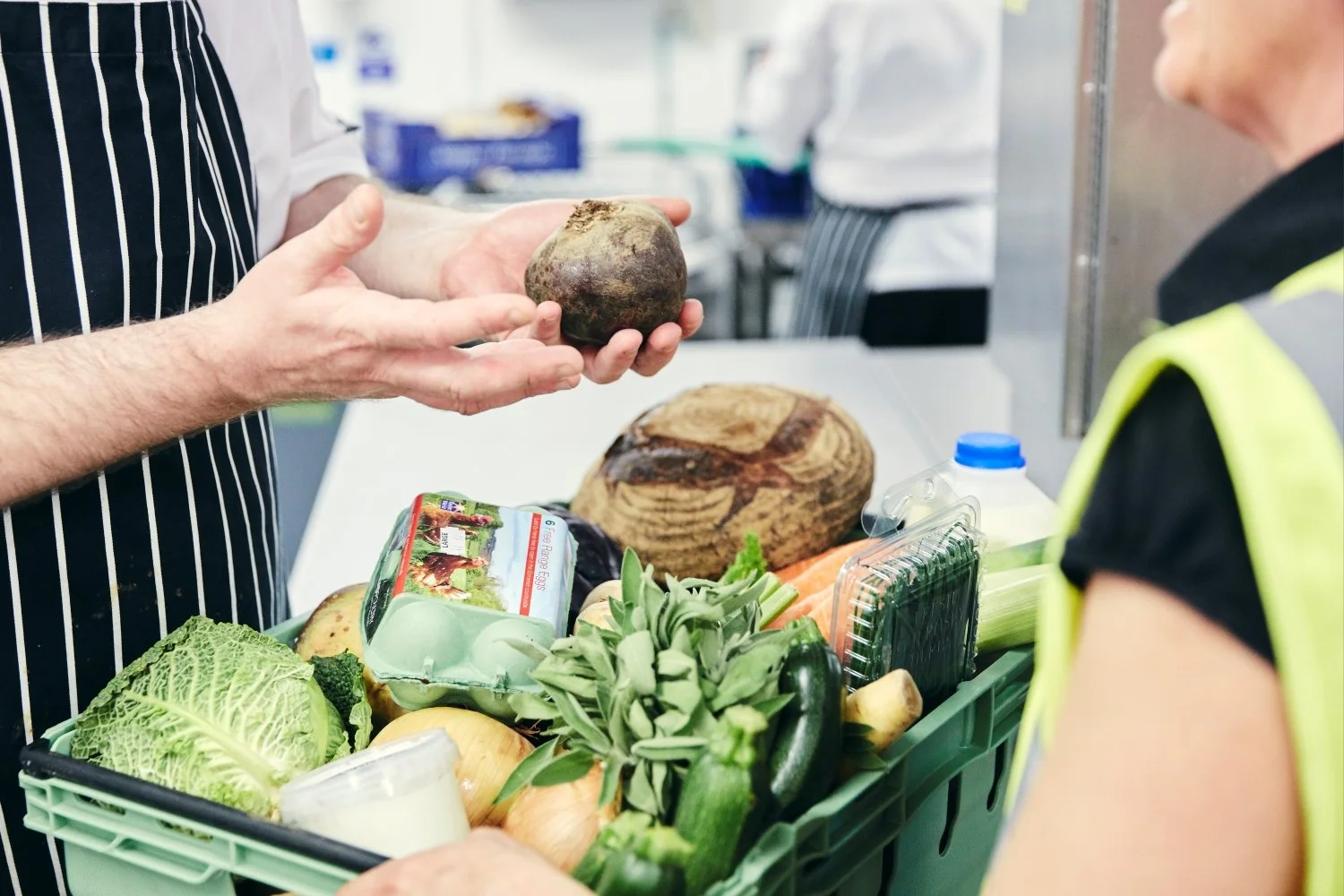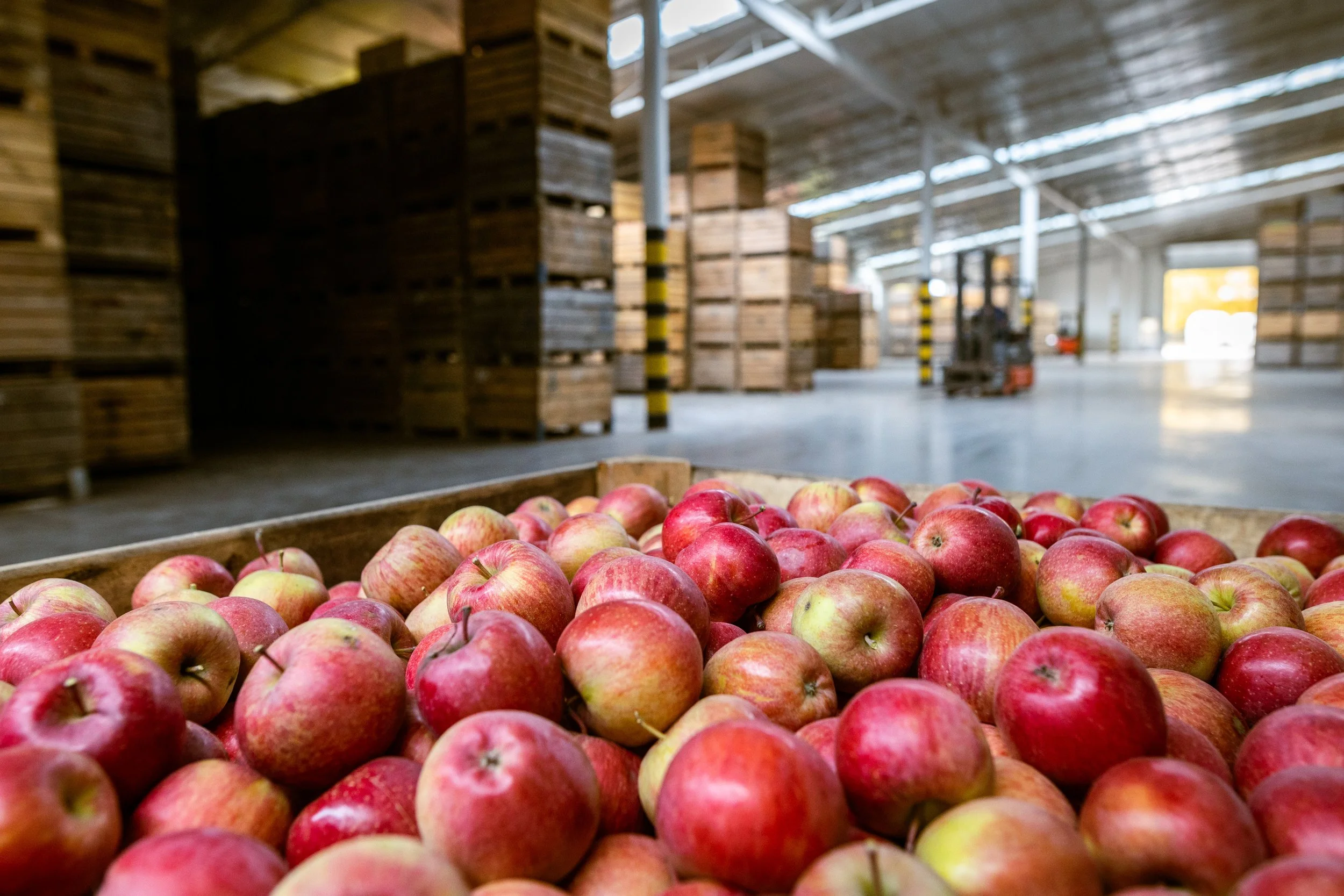
AgileChain is transforming food procurement, for everyone in the supply chain.
AgileChain opens markets, streamlines operations, and unlocks new opportunities.
“We are embedding AgileChain as part of Entegra’s support system to drive catering and supply chain performance”
“You almost get to meet the suppliers virtually through the platform and you get to learn about their business, what their ethos is. It helped us to keep on track with sustainability goals ”
AgileChain™ is a powerful cloud-based platform that utilises the latest state-of-the-art technology, including AI, to transform the food supply chain; connecting buyers, distributors, and producers of all sizes in one seamless, transparent ecosystem.
For every participant in the chain, AgileChain can drive growth, build efficiency and deliver sustainable outcomes.
Buyers benefit from consolidated procurement, automated administration, and rich data insights and reporting; distributors can manage data, fulfilment, pricing, and customer relationships with ease; producers gain a direct route to market, lower operating costs, and a stronger connection to their customers.
The platform’s flexible design facilitates truly Dynamic Food Procurement, enabling fast adaptation to changes in supply, demand, or pricing while reducing environmental impact through shorter, more resilient supply chains. With AgileChain, every actor in the food system can work smarter, grow sustainably, and unlock value far beyond the transaction.
The result is a fairer, more transparent and efficient food supply chain.
“AgileChain delivers a greater impact that will shape the future of public food for many years to come.”
Why AgileChain?
-
Enables procurement from nearby farms and local suppliers.
-
Makes it easier for buyers to choose seasonal products, which are often more sustainable and lower impact, and plan menus ahead of time.
-
Enables visibility of surplus food across the supply chain and helps redistribute surplus food before it goes to waste.
-
Reduces over-ordering through better forecasting and planning tools.
Cuts down on duplicated deliveries and fragmented ordering.
-
Gives visibility and access to ethical, low-impact producers.
Encourages market diversity and resilience in food systems.
-
Buyers can see exactly where their food comes from.
Encourages accountability in sourcing decisions.
-
Enables diversified sourcing strategies that can include lower-impact suppliers.
Encourages local procurement over long-distance shipping.
-
Aligns with Net Zero strategies, Good Food Plans, and other environmental commitments in schools, councils, and hospitals and the private sector.






